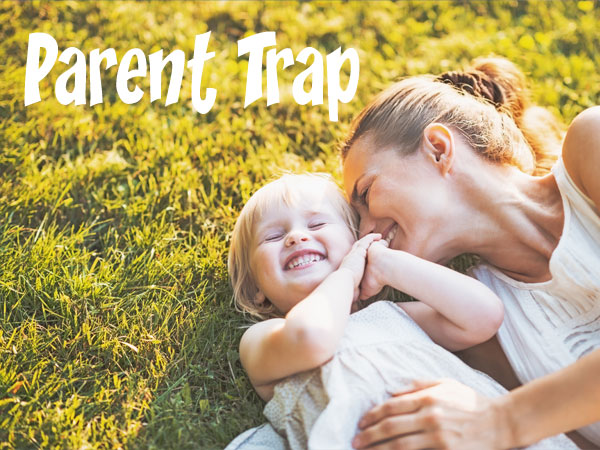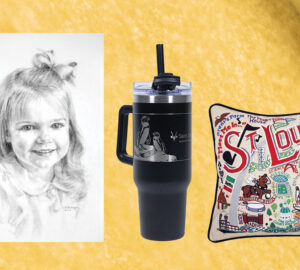I recently spent three days with 23 middle school girls at one of our weekend retreats, and the topic of peer pressure came up. Kids at this age tend to be filled with self-doubt and insecurities and are vulnerable to the influence of their peers. To bolster their confidence, we had the girls make a list of the qualities of an ideal best friend and then do three things with the list. First, they looked inward to see if they themselves exhibited those qualities. We are more likely to attract good friends if we are embodying the virtues we seek in others. We then had the middle schoolers compare the list with the friends they hang out with. It was eye-opening for many girls to discover their friends weren’t living up to what they desired in a good friend. Finally, we encouraged the girls to start looking for people at school who did match the list and begin spending time with them. I wanted them to embrace the importance of who they surround themselves with.
Individual choices are shaped by what other people do, think and want, along with what we think they want us to do. Thus, there are many powerful social influences on our behavior. A part of our brain called mirror neurons is constantly keeping track of other people. We are hard-wired to connect, and our brains want us to be part of a group because, since the dawn of mankind, it has given us a better chance of surviving.
Mirror neurons cause behaviors to be contagious; this is true for drinking, drugs, cigarettes, breaking rules and stress at school. It’s also true for cheating on tests because we are tempted when we see others give in to temptation. This also holds true for emotions like depression, stress and anxiety. Mirror neurons work in positive ways too, making it possible to catch self-control, willpower and happiness. And kindness also is contagious. The following story illustrates this possibility.
Two travelers passing through a small town stopped at a cafe. They noticed a man buy two cups of coffee but leave with just one. They then saw several other customers do the same. Each time an extra cup was ordered, the barista placed a piece of paper on the wall. A few days later, the travelers returned to the cafe and saw a bedraggled man enter and point to the wall with the papers. The barista nodded and poured the man a cup of coffee and threw one of the papers into the trash. Only then did the men realize the kindness of people who’d ordered the day before.
I’m challenging you to be kind and generous and to show kindness wherever and with whomever you can. Some of the most powerful examples of this are performing random, anonymous acts of kindness where the receiver has no knowledge of the giver. It’s clear our world needs more compassion, empathy, kindness and peace, so start some ripples of kindness and watch it spread.








